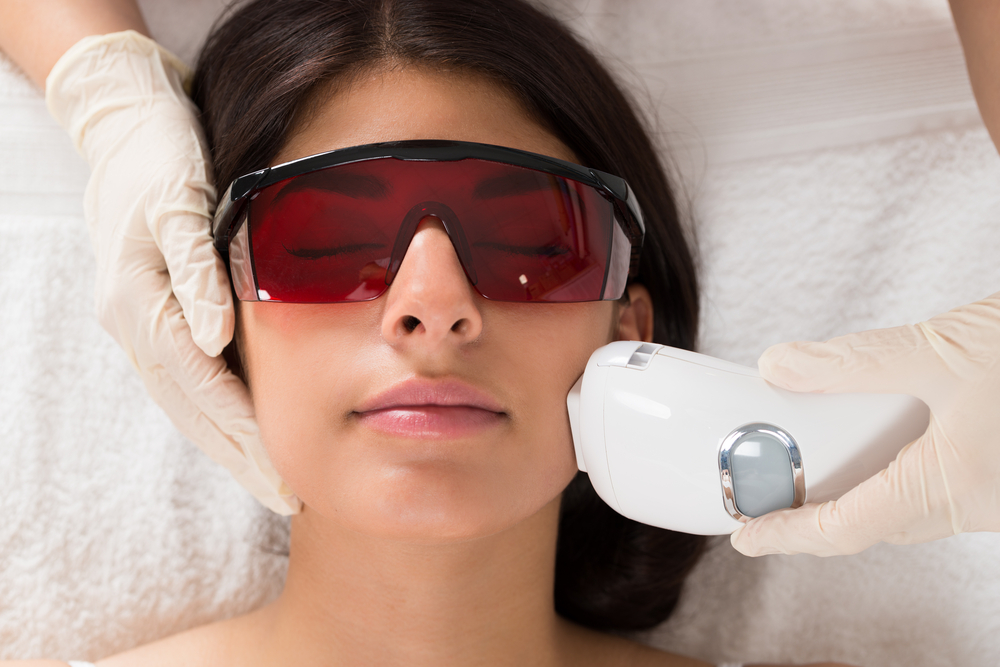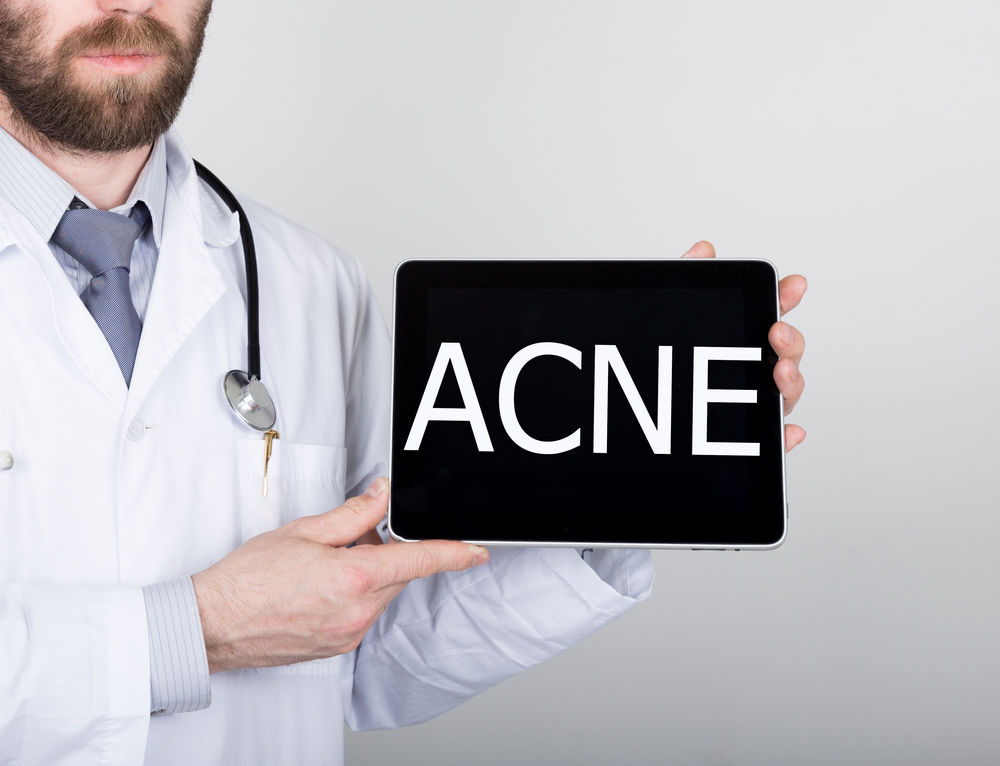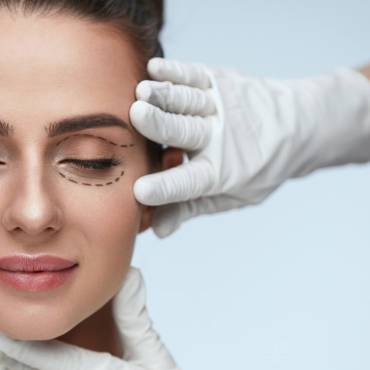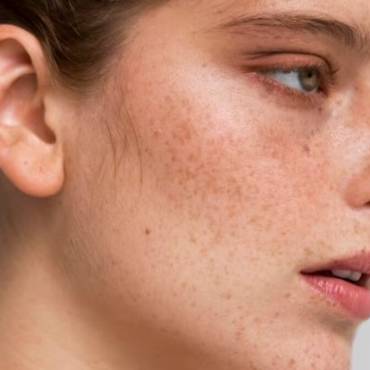The skin is the body’s first defense line against invading germs. Our skin constantly protects us from bacteria of all kinds but usually, it doesn’t fight those bacteria every time. These bacteria can contribute to skin problems, acne as well as certain other infection. Generally, people between the ages of 11 and 30 are affected by acne, and in some cases, the breakouts persist into middle age and beyond.
Acne develops when pores in your skin become clogged as a result of excessive sebum and a build-up of dead skin cells. This creates an environment in which bacteria can thrive. Your body produces more sebum and dead skin cells when your hormones fluctuate, hence acne affect your skin the most during that period (generally this happens with teenage and young adults). In older adults, it is most common in women just before menstruation, during pregnancy and at the onset of menopause.

Researches on Acne Treatments
Also Read: Fight your Bipolar Disorder and Live Healthy
Though the traditional treatments can be super effective, but they all have their downsides. Some are becoming less effective due to increasing resistance or have other cons like irritation, redness, itching, issues during pregnancy and much more. Fortunately, scientists are consistently researching and developing new treatments to fight against acne. Below are listed some of the most exciting acne treatments available or coming soon:
- Nanotechnology For Acne
This technology has a tremendous potential in the field of dermatology for both cosmetic and medical applications. In fact, there are many over-the-counter products available, that utilizes nano-vehicles in order to deliver active agents for skin rejuvenation and sun protection in a far better way. Materials existing at the level of nanotechnology have the strength to deal with acne and the immune cells responsible for causing pain and swollen acne lesions.
- Lasers For Acne
Laser and other light therapies seem like the best acne treatments, just beam a light to make the acne disappear, but their results are less predictable, even under the supervision of skilled dermatologists. Still, these treatments can be an effective part of an acne treatment plan. This treatment works to kill the bacteria and shrink the oil gland, returning production of oil back to normal. There’s no clear evidence to know who will see clearer skin and how much the skin will clear when treated with a laser or other light treatment but results from this therapy are generally long lasting. However, to maintain the results, one needs frequent follow-up treatments once or twice a year.
- Chemical Peels
Medical professionals are increasingly opting for such peels to combat those acne pop out. The chemicals speed up exfoliation and help prevent pores from becoming blocked. This treatment has proved to be effective so far. It has shown a reduction of around 50% in acne lesions after four to six peels.
- Steroid Injections
Many people are turning to injections of cortisone to tackle the more severe cystic form of acne. Cortisone works by reducing inflammation. Its results can be so fruitful as compared to previously stubborn cysts taking a number of days to clear up. All in all, this treatment is probably used as a quick-fix, i.e. if you are using it before any occasion or another important event.
- Probiotics
Instead of blasting the skin microflora to oblivion with antibiotics and lasers, medical professionals are researching on the probiotics which can improve acne lesions by fighting the bad bacteria and calming cells that react to the pathogenic bacteria that leads inflammation. There are a slew of products in the pipeline, but if you are keen to try the treatment, then you can give it a go now after discussing with your dermatologist.
- Acupuncture
This treatment has been around for centuries and is really effective in treating acne. Acupuncture significantly enhances acne outcomes when combined with standard treatments such as oral antibiotics and retinoids. It is an alternate option available for those who experienced adverse reactions to the traditional therapies. As long as you are needle-phobic, you may want to explore this option, if your acne has been tricky to treat.
No one knows exactly what causes acne. Hormone changes, such as those during the teenage years and pregnancy, probably play a role. There are many myths about what causes acne. Even chocolate and greasy food are blamed for the ugly pop up, and there are least evidence available that foods have much effect on acne in most people.
Also Read: Reasons For Acne In Men
Another common myth is that dirty skin causes acne but, that’s not the case for blackheads and pimples. Stress doesn’t cause acne but can make it worse. So, if you have acne, clean your skin gently, try not to touch your skin and try avoiding the sun. Also, acne treatment medicines and creams are available to keep your skin clear and blemishes free with a flawless smile.



